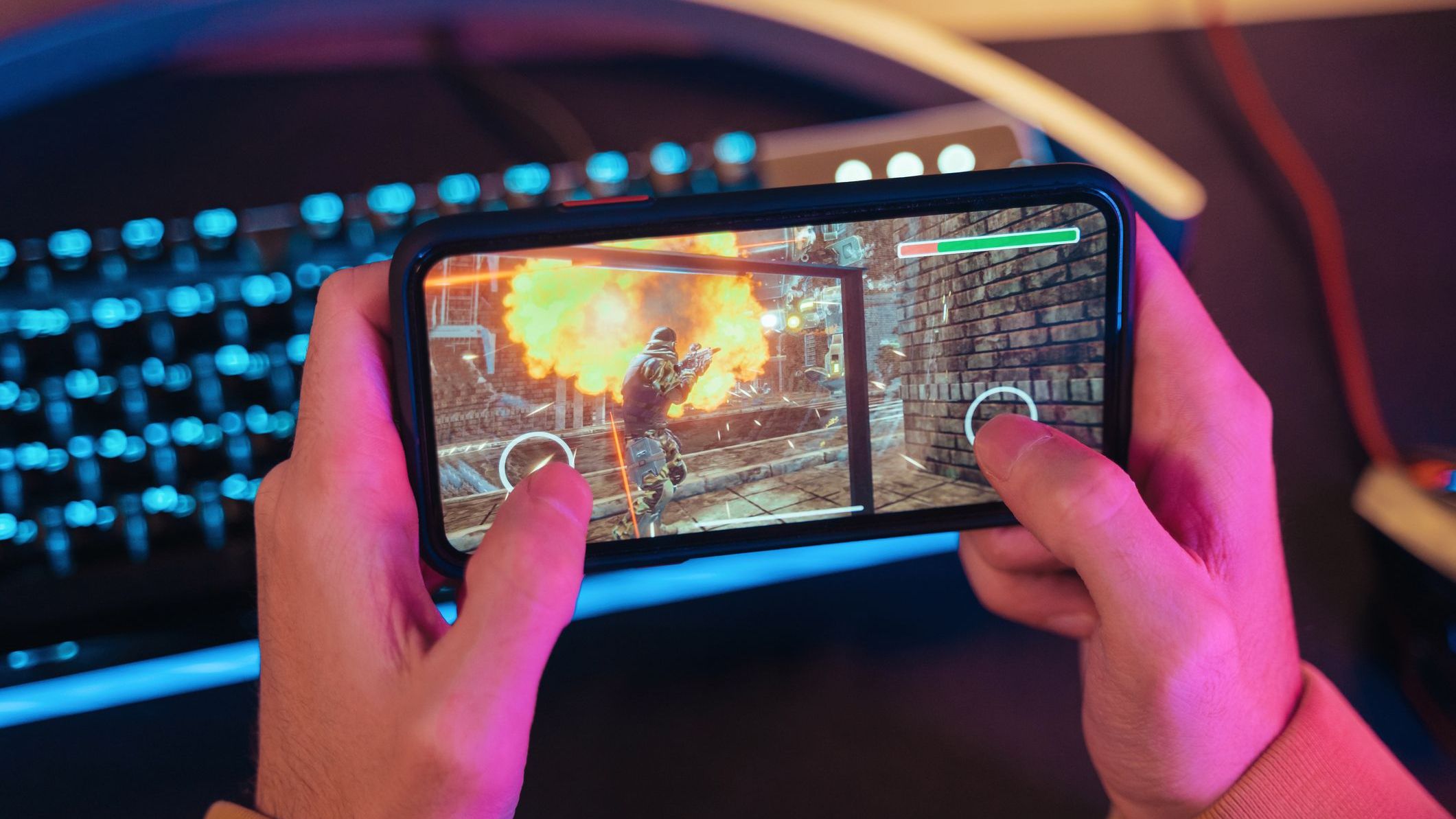
Online multiplayer play has evolved far beyond simpleton amusement. Once a recess rocking hors, it has become a planetary phenomenon that intertwines applied science, psychological science, and mixer fundamental interaction. From solid multiplayer online role-playing games(MMORPGs) to competitive shooters and real-time scheme games, online multiplayer environments are now rich, dynamic communities that profoundly form player demeanor, identity, and relationships. This article explores the science motivations behind online multiplayer pak games and its social implications in Bodoni integer culture.
The Psychological Pull: Why We Play Together
At the core of online multiplayer gaming lies a powerful psychological draw. The feel of accomplishment, onward motion, and mastery that games volunteer taps into inherent human being motivators. Games are designed with reward systems pull dow-ups, unlockable items, achievements that keep players busy through a loop of challenge and gratification. However, multiplayer environments heighten this loop by adding the variable star of mixer fundamental interaction.
The need for social connection, as explained by Self-Determination Theory(SDT), is one of the three first harmonic psychological needs(alongside self-direction and competency) that gaming often fulfills. In multiplayer games, players form bonds through , competition, and communication. Whether teaming up to nail a defiant raid or veneer off in graded matches, these experiences build chumminess and trust, and sometimes competition, all of which mirror real-world social dynamics.
Another factor is individuality . In online environments, players can produce avatars, take roles, and behave in ways they might not in real life. This freedom allows for experiment with identity and self-expression, which is particularly substantial for adolescents and youth adults navigating self-concept development.
The Social Fabric of Virtual Worlds
While solo gaming offers submersion, online multiplayer games fly high on community. Games like World of Warcraft, Fortnite, or Valorant are not just whole number battlegrounds they are social spaces. Guilds, clans, and teams operate as micro-societies with their own hierarchies, norms, and rituals. Players often pass as much time chatting, strategizing, or plainly wall hanging out as they do performin.
This social view has evidential real-world consequences. Studies have base that online games can enhance communication skills, foster teamwork, and even subscribe long-distance relationships. For individuals with social anxiety or disabilities, online games may volunteer a less discouraging weapons platform to build friendships and socialise.
However, not all mixer kinetics are positive. Toxicity, harassment, and exclusionary deportment are pervasive issues in some play communities. The anonymity of the cyberspace can recreate players to act in ways they would not in face-to-face fundamental interaction. Developers and moderators preserve to writhe with how to nurture sound and comprehensive environments in their games.
Competitive Edge and Cognitive Engagement
Online multiplayer play also intersects with public presentation psychological science. Competitive games want high levels of focus, reaction time, strategical cerebration, and adaptability. Many players delineate entry a flow state a unhealthy zone of complete absorption and optimal performance. This psychological feature involution can enhance certain skills, such as decision-making under coerce, spatial sentience, and pattern realization.
Esports, the professionalisation of competitive gaming, further illustrates the psychological complexity of online multiplayer. Professional players often submit coaching job in areas like stress direction, teamwork, and need, similar to traditional athletes.
Balancing Benefits and Risks
Despite the many positive aspects, concerns stay on about undue gaming, dependance, and the touch on mental health. While online multiplayer games can tighten feelings of solitariness and cater a sense of belonging, overuse may lead to isolation from offline relationships, discontinuous catch some Z’s patterns, and drop of responsibilities. The key lies in temperance and mindful play practices.
Conclusion: A New Era of Connection
Online multiplayer play is more than pixels on a test it s a right mixer platform that mirrors, magnifies, and at times reshapes human conduct. As engineering science continues to evolve, these virtual worlds will only grow more immersive and socially intricate. Understanding the science and mixer dynamics behind them is requisite not only for players but also for parents, educators, developers, and policymakers navigating the digital age.
